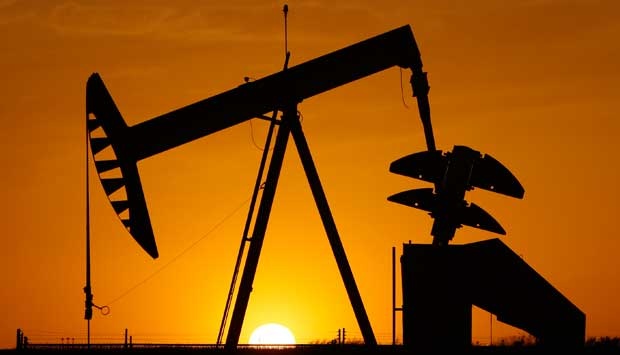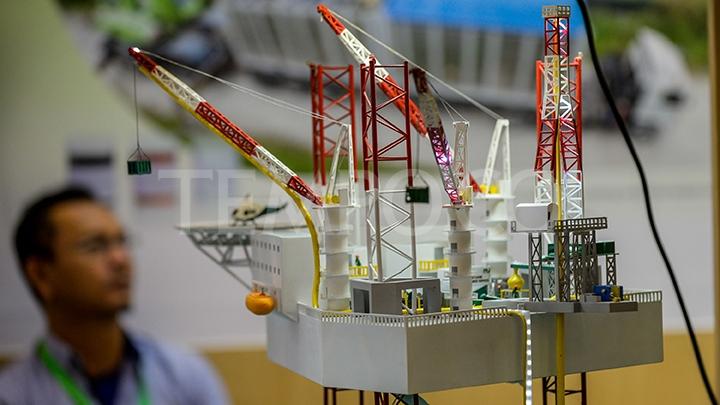
TEMPO.CO, Jakarta - Three of the world’s biggest development banks have kept investing heavily in fossil fuels in some of the world’s most climate-vulnerable countries, according to new Oxfam research. Oxfam, an international confederation of 20 NGOs, urges these banks to drop their support for dirty energy projects and focus on kick-starting a clean energy revolution.
In “Powering the Transition,” Oxfam details how together, the World Bank, the Asian Development Bank, and the Asian Infrastructure Investment Bank are investing almost $5 billion in fossil fuels in the 10 Asian countries that belong to the Climate Vulnerable Forum.
The research comes just two days after a landmark report by the Intergovernmental Panel on Climate Change said the world must reach net zero emissions by 2050 to hold global warming to 1.5 degrees Celsius. The CVF countries have committed to using 100 percent renewable energy by 2050.
Read also: Tsunami Survivors Face Long Queues for Clean Water: Oxfam
Lan Mercado, Oxfam’s Asia regional director, said: “Against all odds, the countries of the Climate Vulnerable Forum are leading in the fight against climate change. The World Bank and other institutions now face an important test: are they going to keep funding fossils or are they going to kick-start a renewable energy revolution and help these countries achieve their ambitious goals?”
Oxfam’s report also calculates the climate damages related to some of these projects:
-For every dollar invested in the proposed Mariveles coal plant extension in the Philippines, backed by IFC client banks, Asia could see up to $10 in climate change damages and an extra $100 in local health costs.
-The proposed Riau gas power plant in Indonesia, due to be financed by ADB and IFC, could cause up to $1.3 billion in climate change damages in Asia.
Read also: Oxfam to Provide Clean Water in Disaster-hit Palu
When these banks support clean energy projects in poor countries, they’re giving a stamp of approval that often translates into more investments. This is important because vulnerable countries struggle more than others to attract renewable energy dollars.
“The World Bank and others can help kick-start a clean energy revolution in climate-vulnerable countries, but they can’t do so while funding fossil fuels on the side,” said Mercado.
The IFC committed this week to require new client banks to publicly disclose their links to coal and said it would work with them to reduce and potentially drop these investments.
“We’re already seeing encouraging signs of progress, but these development banks need to move faster to clean up their portfolios and invest in renewable energy for all,” said Mercado. “As the IPCC shows, we don’t have time to spare.”
TEMPO.CO






















